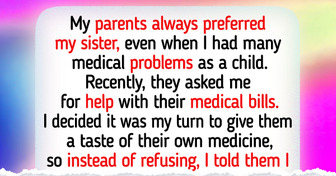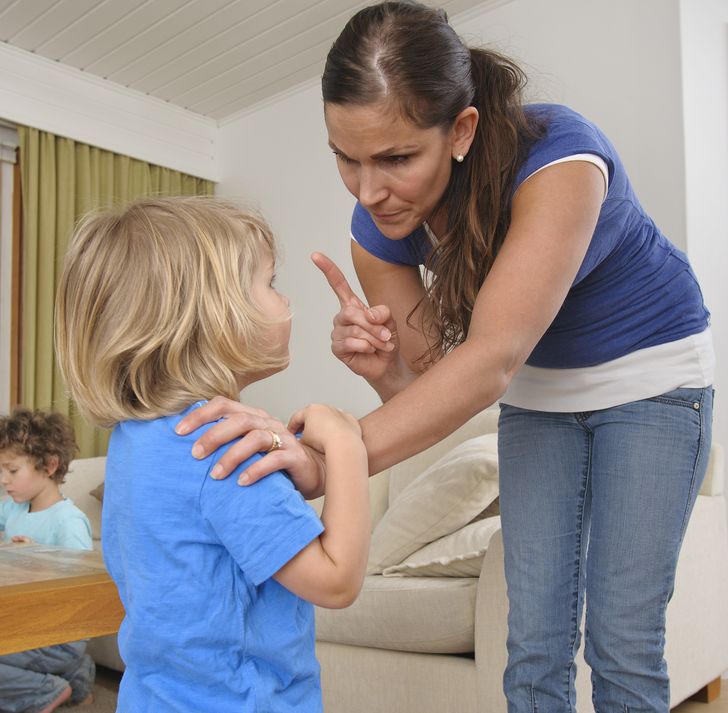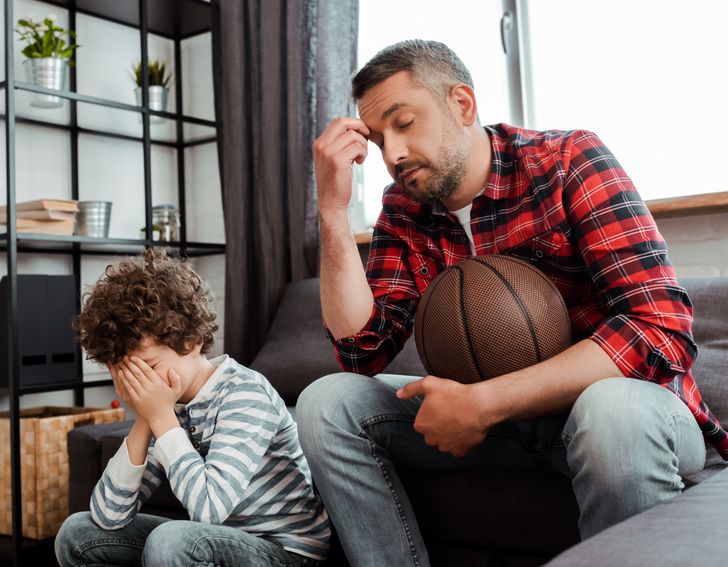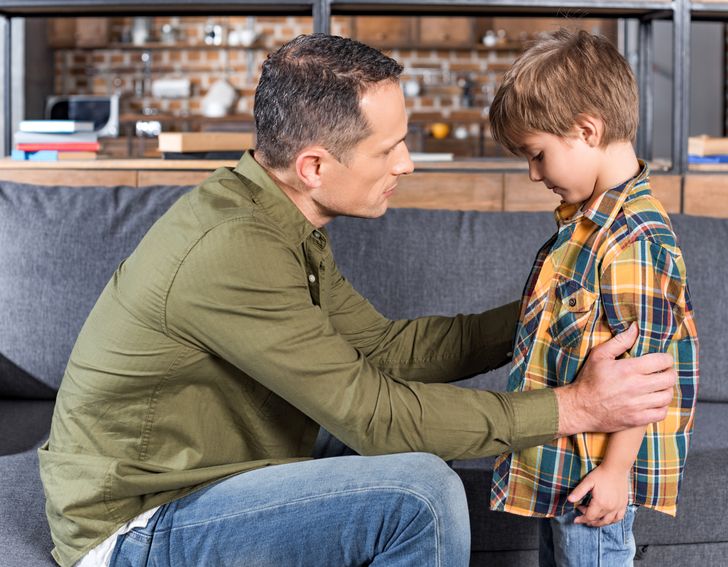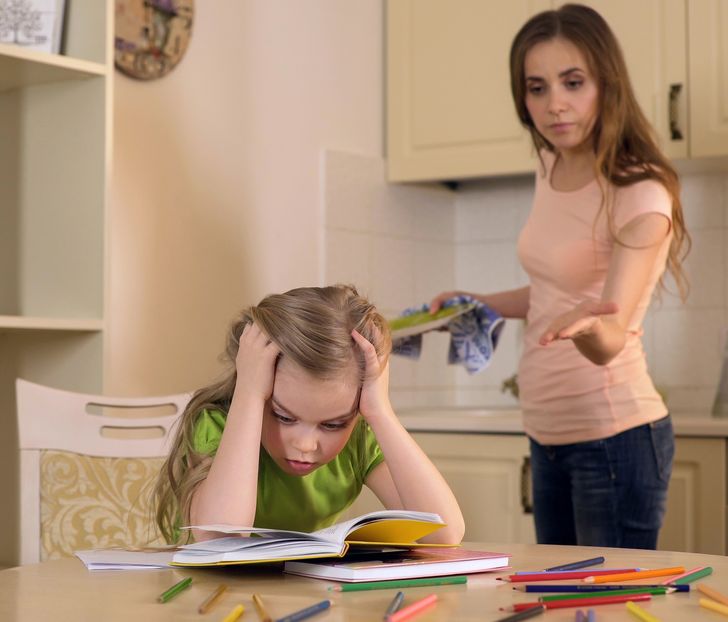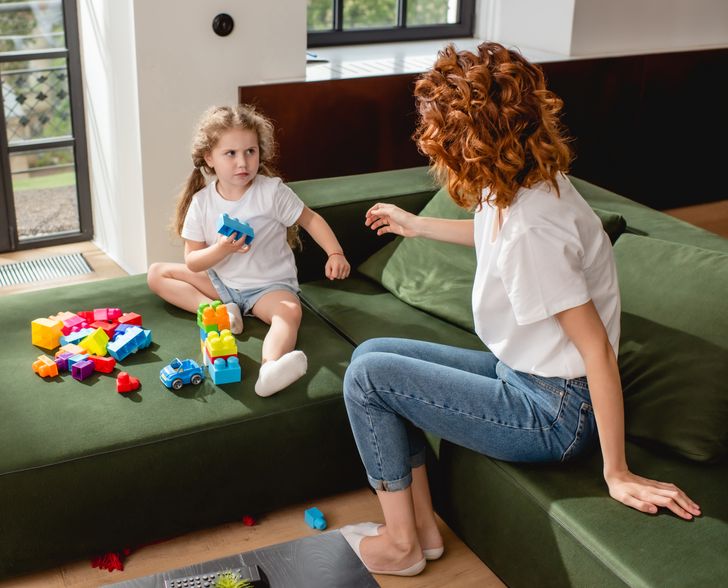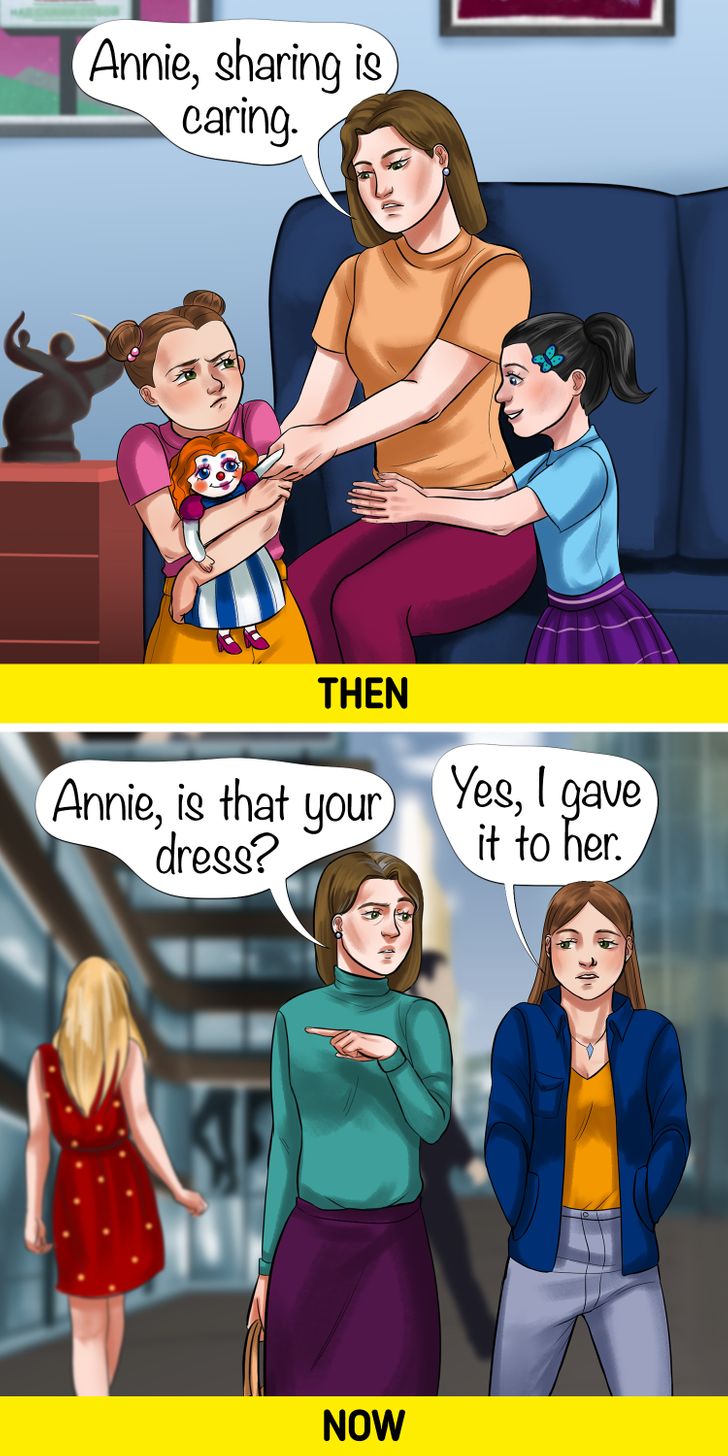So true
15 Phrases That Parents Should Avoid When Talking to Their Children
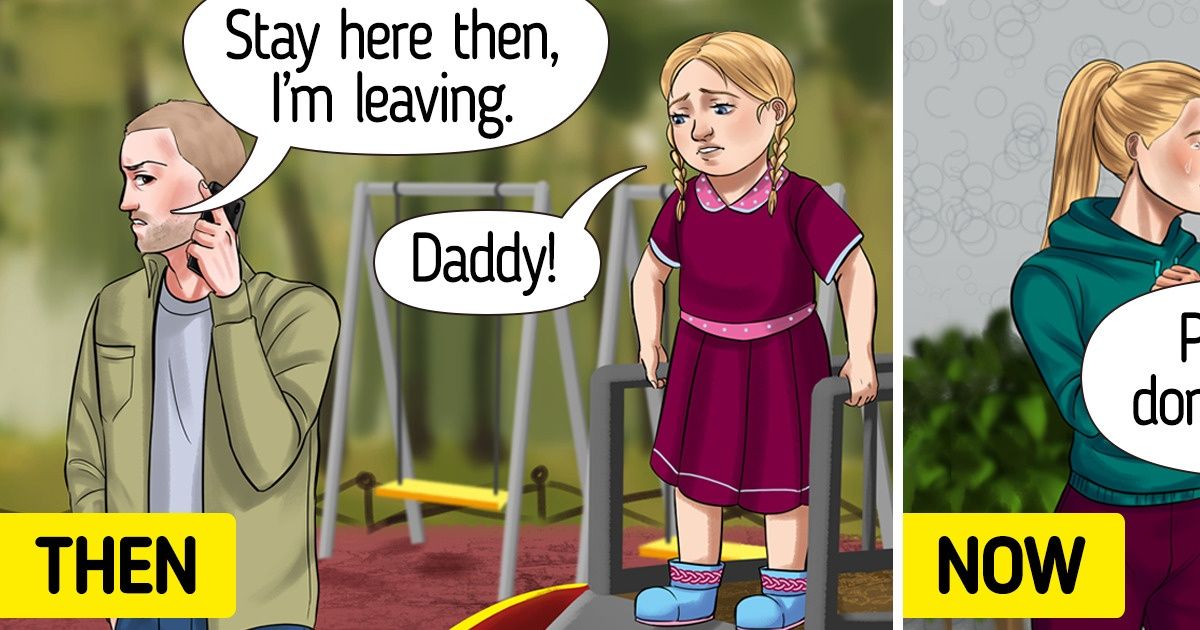
Sometimes, we don’t pay attention to the things we say to our children. Perhaps we do this because we heard these words from our parents many times. Or maybe we just don’t see anything wrong with them. But some phrases are not as harmless as we think.
At Bright Side, we got acquainted with psychologists’ recommendations and decided to show you a few phrases that parents should remove from their vocabulary. Your grown-up kids will thank you for this.
“Don’t make me...!”
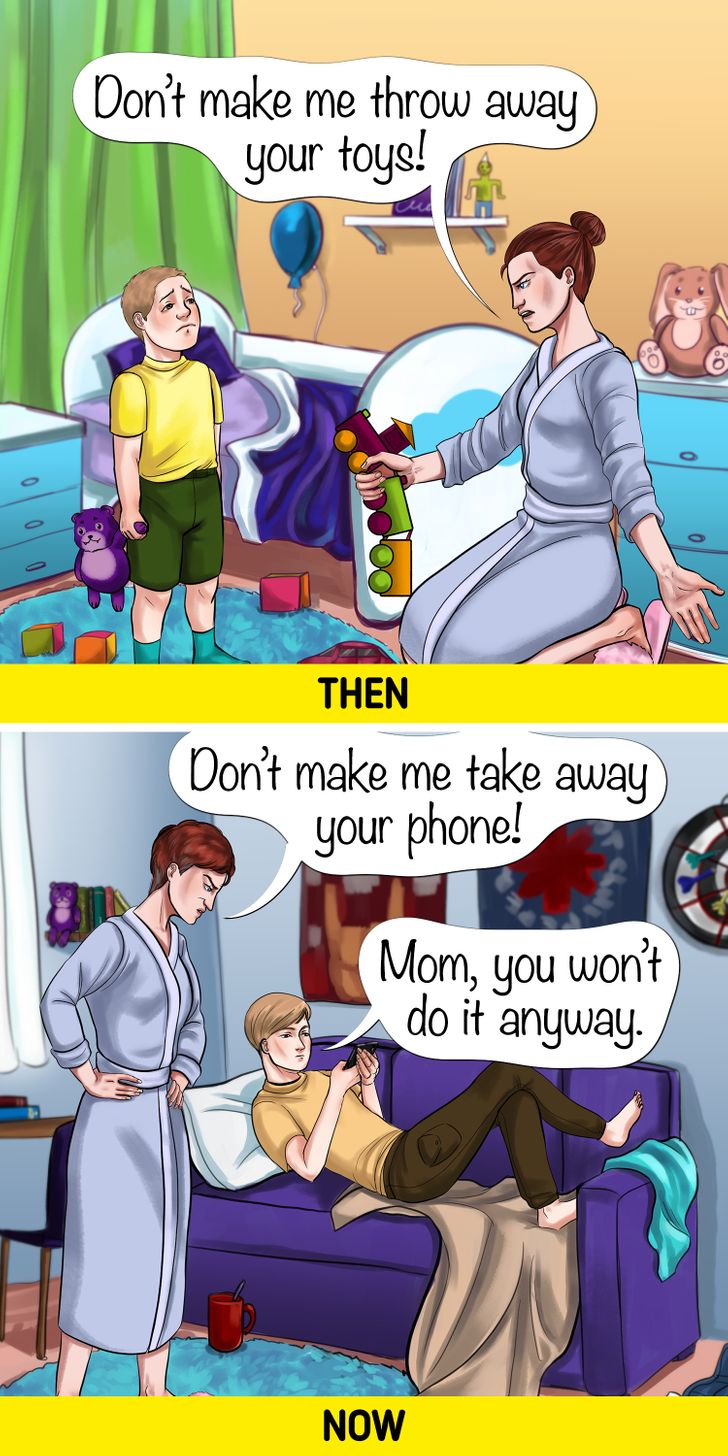
Every parent has used a threat at least once when talking to their children. But if a mom or dad promised to do something, they should fulfill their promise when the child doesn’t follow their demands. Otherwise, the child will easily figure out your tricks and will stop taking them seriously.
“Why do I have to repeat myself 100 times?”
Every parent has probably used this exclamation in their speech. But these questions are totally meaningless. In reality, an adult is just complaining but children don’t understand it and turn a deaf ear to it. You should change this phrase to something like, “I know I told you this, but could you please...”
“You’re so smart!”

Many people think that they should praise their children to raise their self-esteem. In reality, psychologists believe that praising children can be pretty destructive, especially if you praise a child for their qualities or good grades. Ideally, you should praise your kid for working hard.
As a result, your child may lose the proper motivation in their desire to achieve their parent’s approval. Besides, when the child hears that they are gifted they may lose interest in studying and working. Why work hard, if you’re gifted anyway.
“You’re being ridiculous!”
For children, adults are the ones they can turn to, to validate their feelings and experiences. So when you say that they are ridiculous or wrong, it makes them feel like they and their feelings are not important. If you can’t understand why your child behaves in a certain way, ask them, and then try to remember a similar childhood experience.
“It’s not a big deal.”
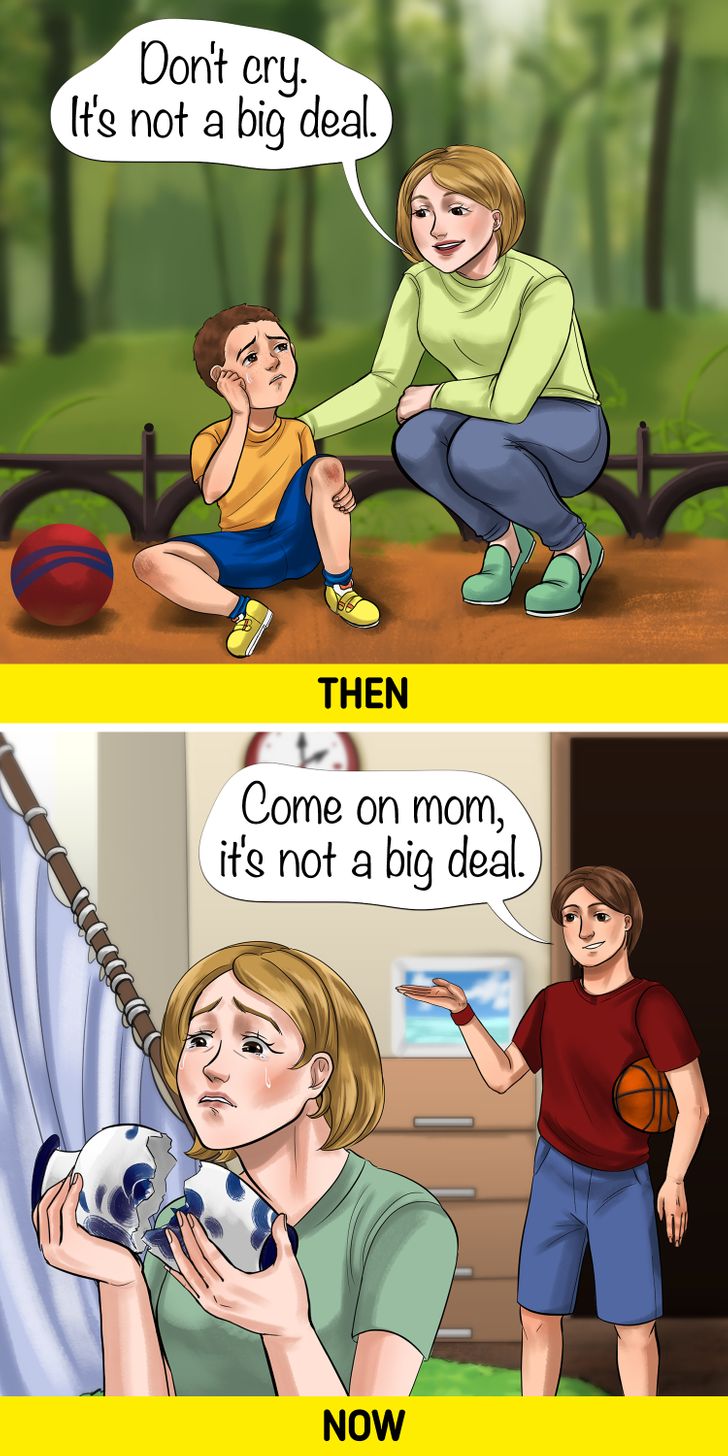
“Hurry up and get ready.”
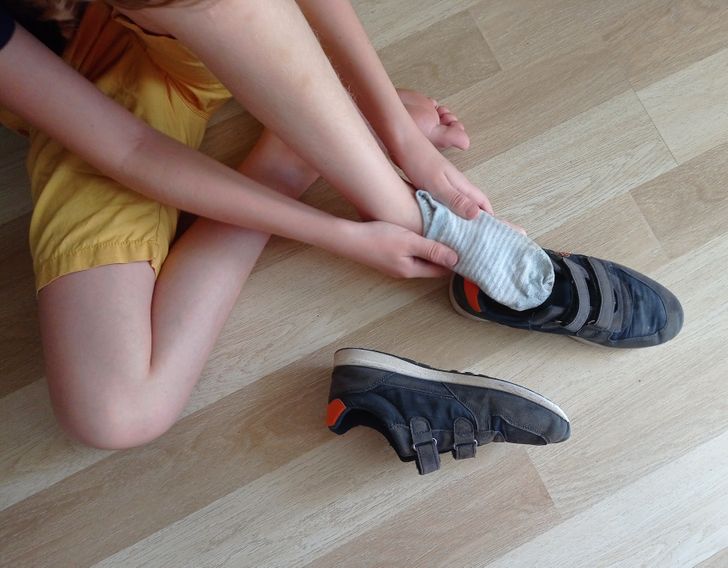
Little kids don’t quite understand the concept of time. So asking them to hurry up won’t do any good, they’ll just get stressed and anxious. It’s better to be specific and discuss the next steps. It will save both parents and children from stress.
“I’ve always hated math!”

Sometimes parents simply don’t think about how much their attitude toward a particular school subject affects their children. Kids tend to copy the behavior of their moms and dads, including their attitude toward a subject. As a result, even if a child has a talent for math, they may lose interest in the subject just because of comments from their parents.
“I know you didn’t mean to hurt him.”
Yes, they did! Children also experience strong negative emotions and act badly, blindly following their instincts. And they can feel really good at that moment. So, when a parent uses this excuse, it’s not really productive. You should help your child accept their negative feelings and learn to control them.
“Did you have a good day at school?”
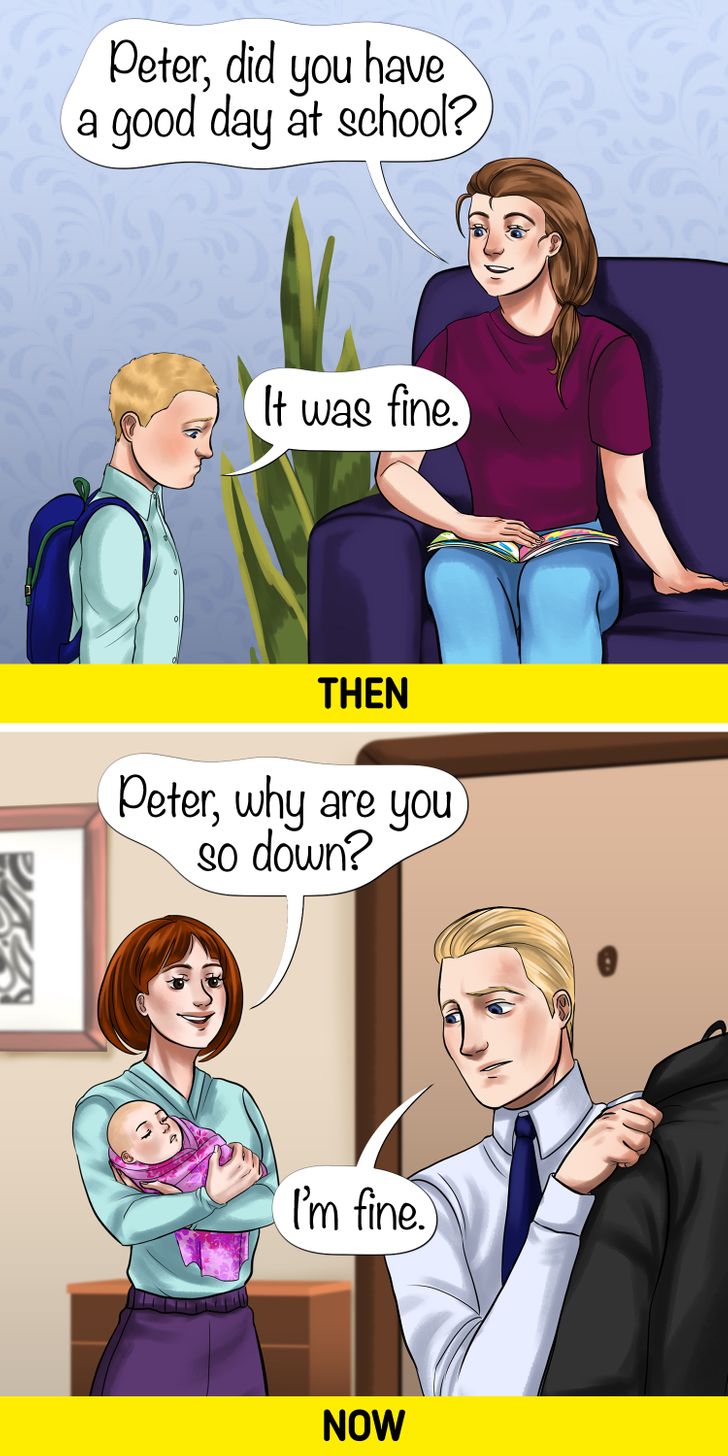
By asking this question, you express your expectations, like everything should be fine and great. And when reality doesn’t match expectations, a child feels guilty for it, gets upset, and shuts themselves off.
“What is wrong with you?”
If this phrase is said in a joyful tone of voice, it’s okay. But if a mom or dad exclaim this in a frustrated tone, “What is wrong with you?” — a child feels that there is something wrong with just their existence.
If, as an adult, a child trusts you when you say that there is something wrong with them, they begin to believe it. And the child starts asking themselves whether it’s really true. At the same time, they can’t answer this question. And these thoughts may end up with them having to visit a therapist.
“He didn’t do it on purpose.”
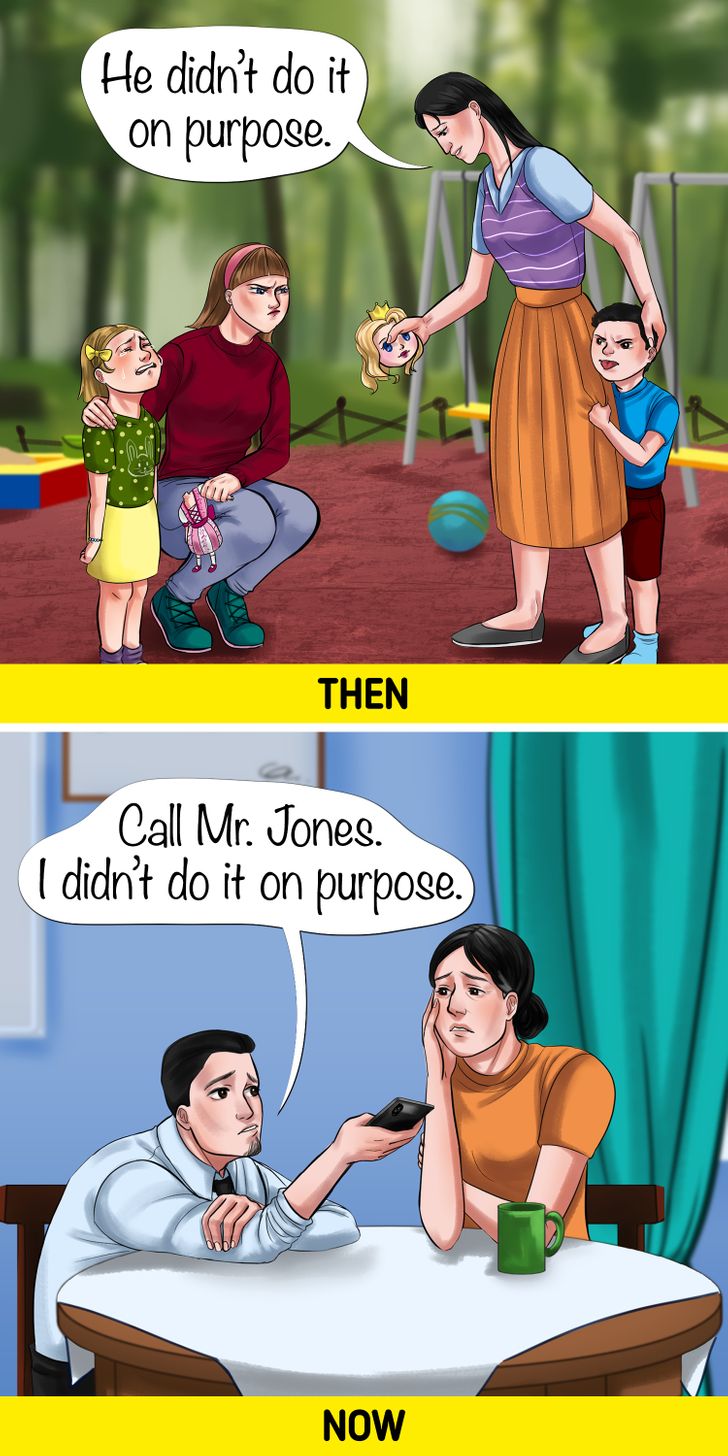
Of course, every child needs support and protection from their parents. But when adults try to protect their kids from all possible difficulties, it can backfire later.
Sometimes you have to let your child make mistakes or a wrong choice and be responsible for it. Otherwise, the child may develop low self-esteem, and they will always rely on support from others. They won’t be capable of solving their problems by themselves.
“I don’t know how we will pay all these bills.”
You shouldn’t overload your children with your financial problems. They don’t have to know about it. They can’t help you with it anyway. At the same time, it will be really hard for them to get rid of the anxiety around it.
“Stay here then, I’m leaving.”
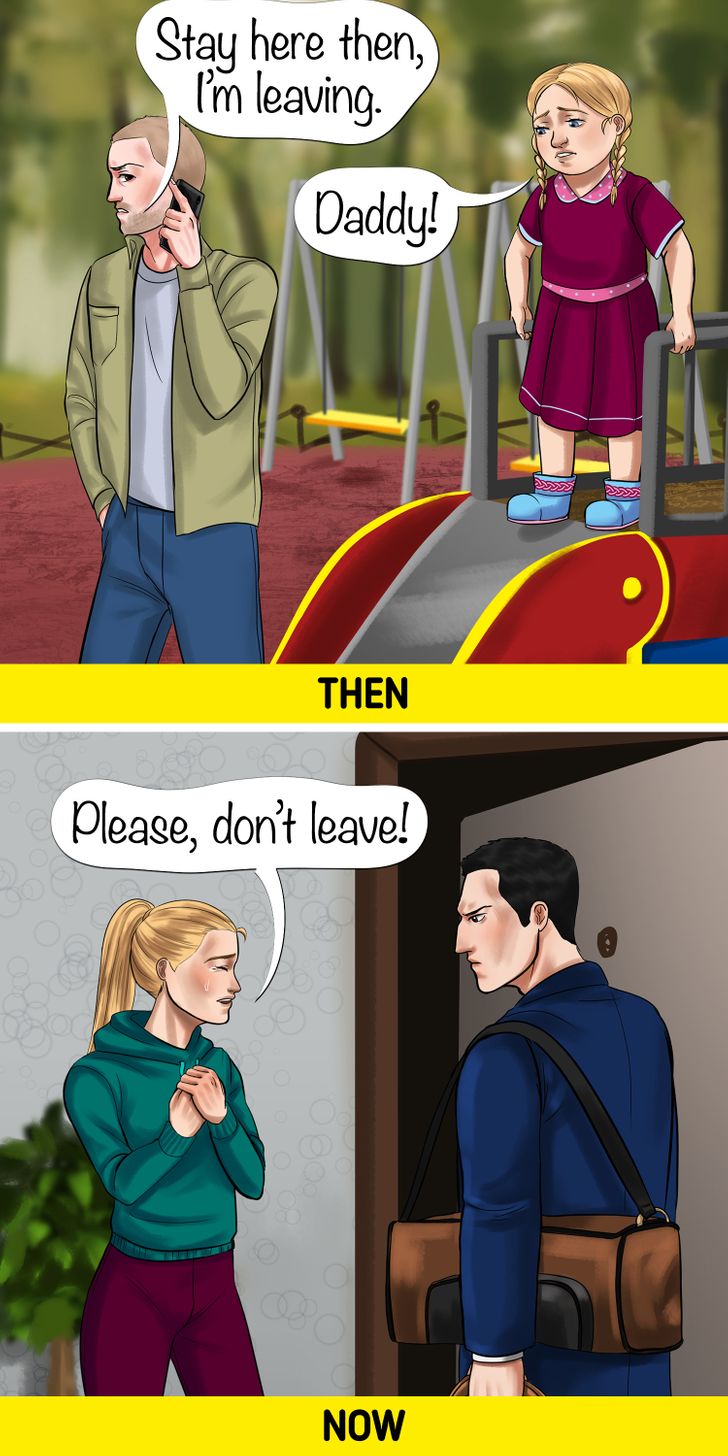
Every parent has encountered a situation when it was time to leave a playground or a park while their children didn’t want to stop playing and continued to run around. However, if you threaten to leave your child behind, it will create a feeling of insecurity in them. They will suddenly realize that their parents could leave them behind in this scary and dangerous world. When growing up, these kids make more mistakes in difficult and stressful situations.
“Stop being such a baby.”
This is probably one of the worst phrases an adult can say to their child. This way, parents invalidate the feelings of their child, which can lead to the fact that children will be reluctant to share emotions with them. It’s better if you ask your child what they feel and why they feel this way.
“Sharing is caring.”
Generosity is a wonderful quality. So some parents try to instill it in their children from an early age. But during the first years of their life, children don’t quite know what empathy is and why they should share their toys with another child.
When you make your child give away their favorite thing, you implant wrong ideas in their head. Like, if you want to get something, you just need to start crying. Or that a child should give away anything they are asked for.
Do you think our words can affect our children? Do you remember anything like that from your own childhood? Tell us in the comments below.
Bright Side has its own podcasts now. Take cool articles with you and listen to new stories whenever and wherever you want.
Comments
totally relate to all these phrases...
Aaaagh….so many “don’t do”s are exactly what this millennial was told TO DO when I was raising my child in the 80s.
My parents said almost everything on this list
The last one is nonsense, teaching a child to share is important and has never resulted in giving everything away.
When my 5 year old granddaughter complained her best friend had all the Disney ballgowns, especially the one she didn't have, I pointed out it gave her friend the chance to share it with her, and her the chance to wear the dress she craved. If both had all of them there'd be nothing new. She cheered right up then. They soon grew out of all of them.
Related Reads
8 Situations That Prove Moms’ and Dads’ Parenting Styles Are Way Different
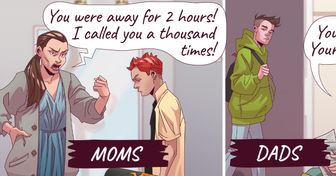
11 Narcissistic Traits of Mothers Who Don’t Even Know They’re Ruining Their Kids’ Lives

15 Life Situations That Used to Be Normal and Now Look Wild
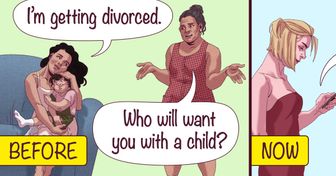
I Refused to Take My Stepdad’s Last Name, Then He Laid Down a Truth I Didn’t Want to Hear
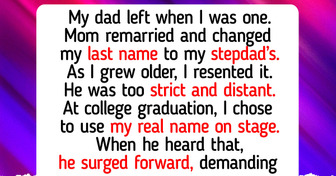
10 Powerful Stories That Show Kindness Always Finds Its Way Back
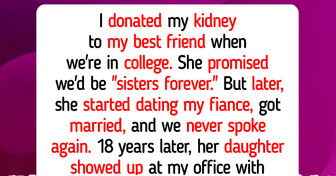
I Refuse to Be the Villain When My Boss Is the Real Time Thief
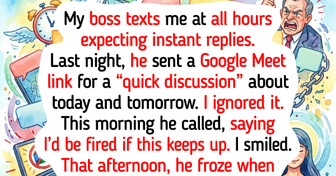
15 Moments That Prove Quiet Kindness Doesn’t Break, Even When We Do
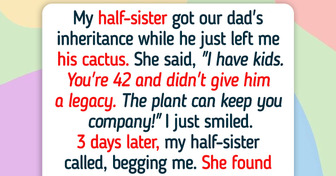
15 Success Moments From Strangers That Deserve All the Golden Buzzers in the World
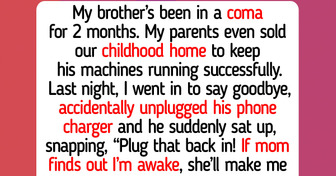
15 Moments That Show Kindness Is Quiet but Changes Everything

I Refused to Train My New Colleague for Free, I’m Not a Charity
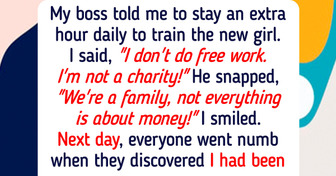
I Refuse to Be My Brother’s ATM Anymore—The Revenge He Planned Was Sick
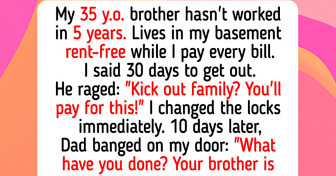
My Family Always Prioritized My Sister—Then Expected Me to Help Them With Medical Bills
